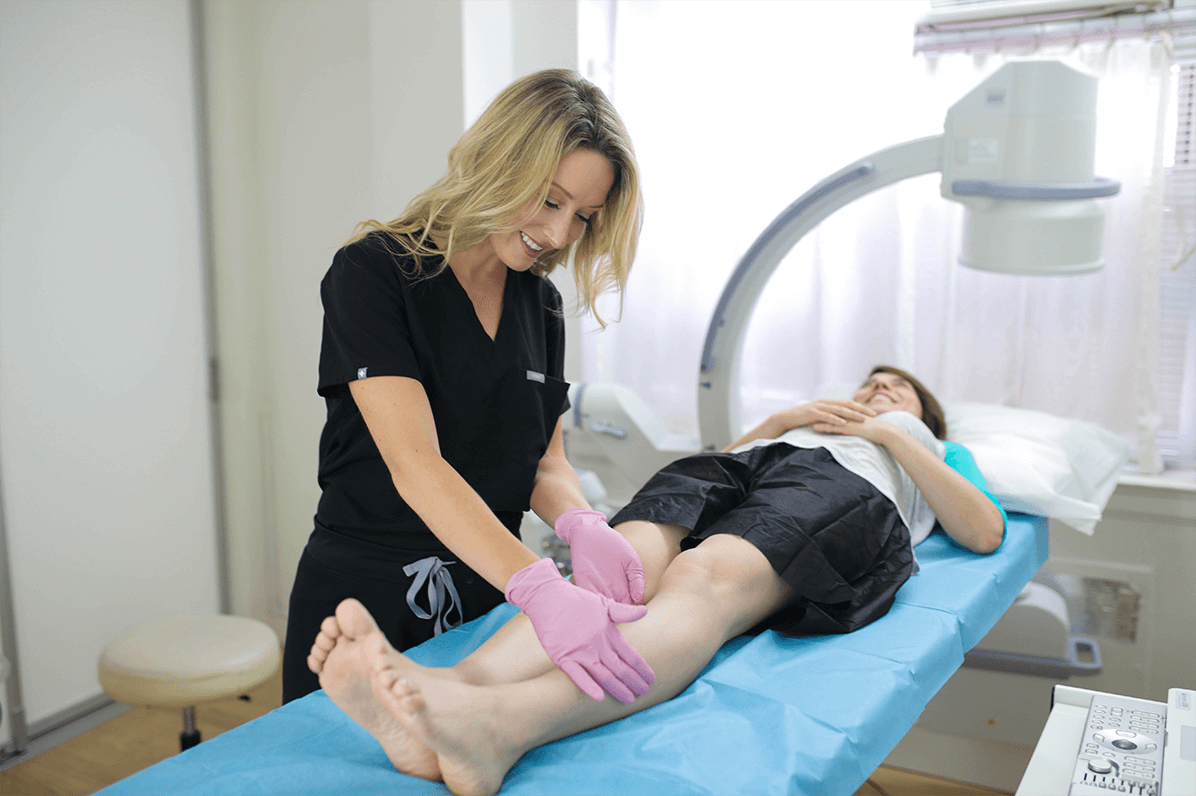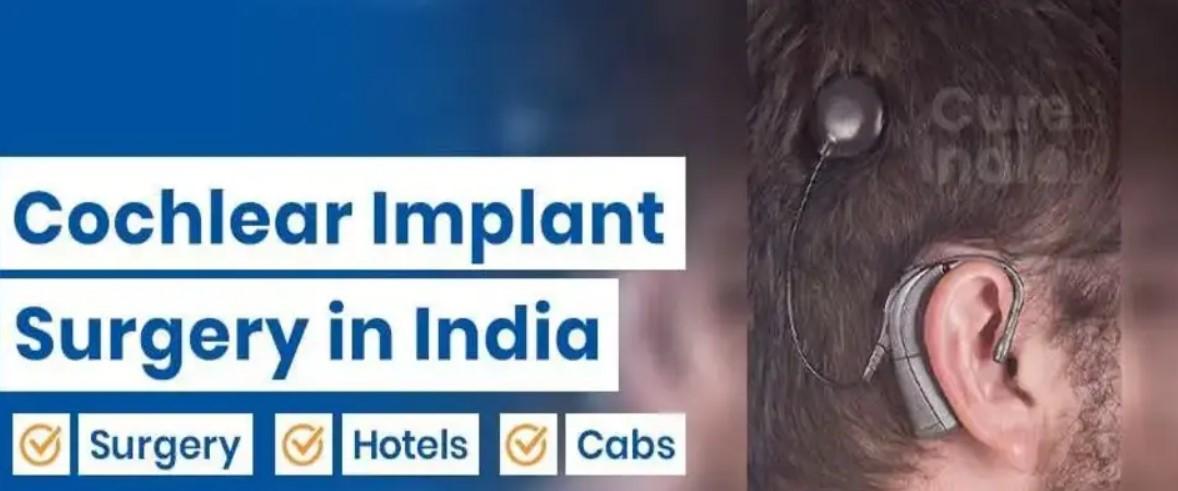Advantages of Consulting a Vein Specialist: What is a Vein Doctor Called?
Veins play a crucial role in the circulatory system, carrying blood back to the heart. When veins encounter issues like varicose veins or spider veins, it can lead to discomfort and even serious health complications. Consulting a vein specialist, often referred to as a vein doctor, can offer numerous advantages in addressing these concerns.
Expert Diagnosis and Evaluation
Vein doctors, also known as phlebologists, are highly trained medical professionals specializing in the diagnosis and treatment of vein-related conditions. They possess a deep understanding of the vascular system and utilize advanced diagnostic techniques to assess vein health accurately. By consulting a vein specialist, patients can benefit from a comprehensive evaluation of their condition, leading to an accurate diagnosis and personalized treatment plan.
Specialized Treatment Options
One of the primary advantages of seeing a vein doctor is access to specialized treatment options tailored to individual needs. Vein specialists employ various minimally invasive procedures, such as sclerotherapy, endovenous laser therapy (EVLT), and radiofrequency ablation, to address venous issues effectively. These treatments are designed to alleviate symptoms, improve circulation, and enhance overall vein health, offering patients a range of options to choose from based on their specific condition and preferences.
Enhanced Patient Experience
Vein doctors prioritize patient comfort and satisfaction throughout the treatment process. Unlike traditional surgical approaches, minimally invasive vein procedures performed by specialists typically involve minimal discomfort, shorter recovery times, and lower risks of complications. Patients can expect a more comfortable and convenient experience, allowing them to resume their daily activities with minimal disruption.
Comprehensive Care and Support
Beyond medical interventions, vein specialists provide comprehensive care and ongoing support to patients dealing with vein-related issues. They offer guidance on lifestyle modifications, including exercise routines and dietary recommendations, to promote vein health and prevent future complications. Additionally, vein doctors emphasize patient education, ensuring individuals have a clear understanding of their condition and treatment options, empowering them to make informed decisions about their health.
Long-Term Management and Follow-Up
Vein conditions often require long-term management to maintain optimal vein health and prevent recurrence. Vein doctors establish a follow-up plan tailored to each patient, ensuring regular monitoring and adjustments as needed. Through periodic evaluations and interventions, they help patients manage their condition effectively and achieve long-lasting results, promoting overall well-being and quality of life.
Conclusion:
In conclusion, consulting a vein specialist offers numerous advantages for individuals dealing with vein-related issues. From expert diagnosis and specialized treatment options to enhanced patient experience and comprehensive care, vein doctors play a crucial role in promoting vein health and improving quality of life. By seeking the expertise of these dedicated professionals, patients can address their concerns effectively and enjoy lasting benefits for years to come. So, what is a vein doctor called? A trusted partner in achieving optimal vein health and well-being.



